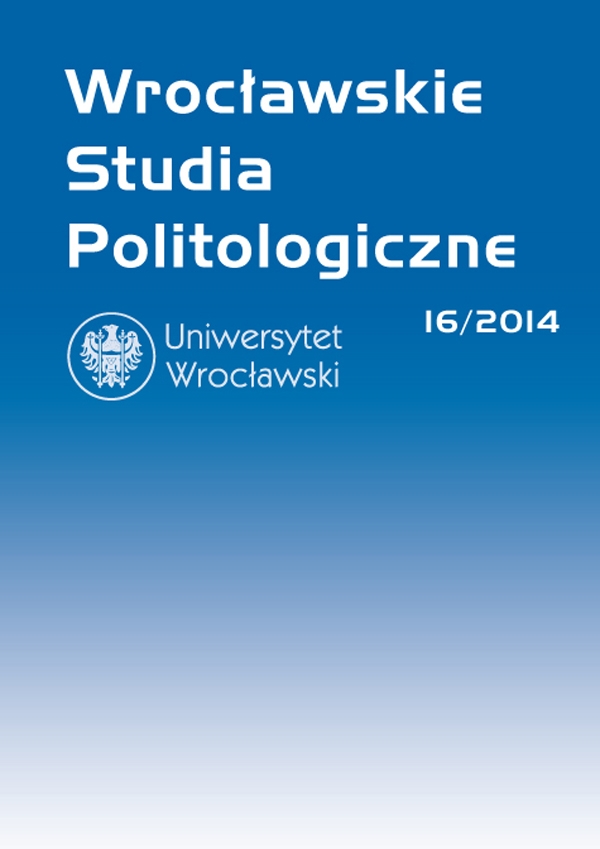

Artykuły

Bumpy road towards democracy and authoritarianism in the post-communist world
The collapse of the Soviet bloc raised the hope for a democratic development of the post-communist countries. Liberal democracy and market economy were expected to be an inevitable effect of political development. This was confirmed by the experience of South European and Latin American transistions during the “third wave.” Following S. Huntington we believed that the process of democratization contains three stages: liberalization, transition to democracy and its consolidation. But the “fourth wave” brought new insights. After twenty five years we now know that this was not true. Although some of the post-communist countries in Central Europe have become liberal democracies in a relatively short time, the others are either hybrid transitional regimes or have remained stable authoritarianisms. Moreover, the experts have found systemic decline in the level of democratic progress in such countries as Hungary or Slovakia, being close to falling out of consolidated democracies category. The aim of the article is to describe and explain the differences between various trajectories and effects of political changes in the post-communist world.